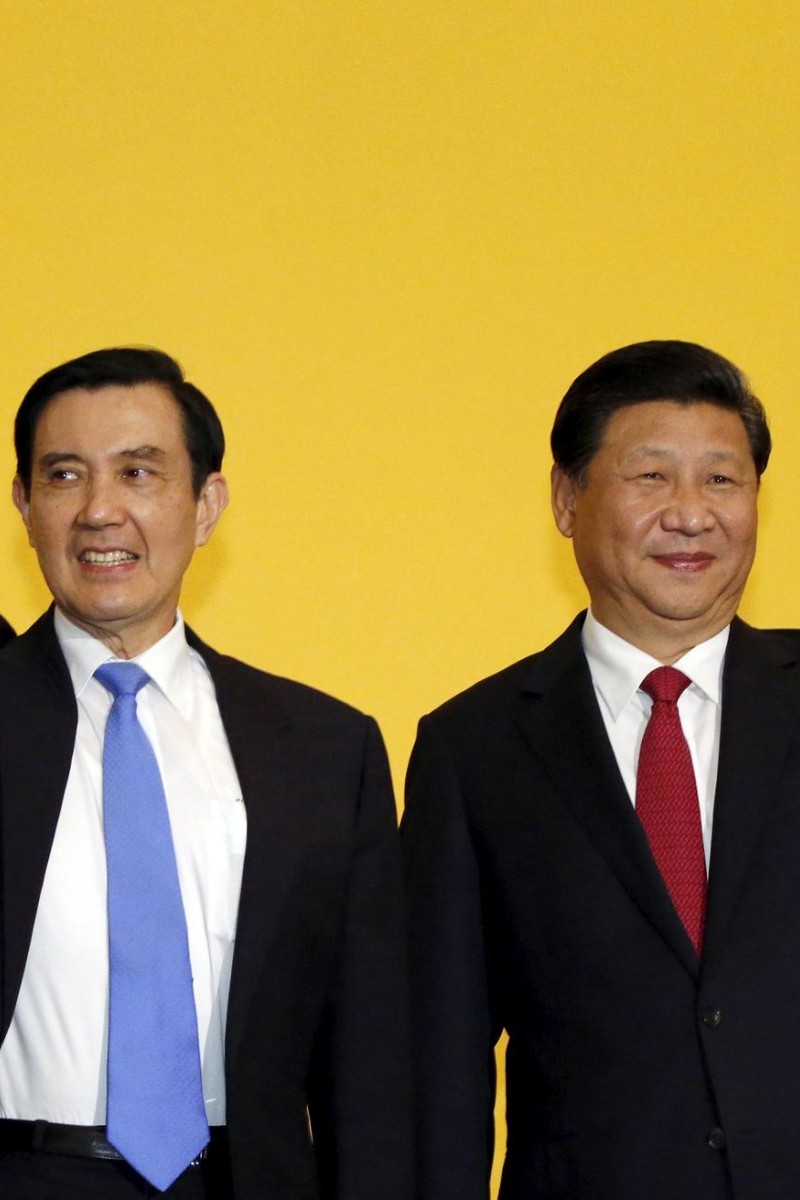
Xi Jinping and Ma Ying-jeou sit down for first cross-Strait talks in decades
The leaders of Taiwan and China have not met for talks in more than 65 years; on Saturday, after two years of planning and preparation, all of that changed
 Xi Jinping (right) and Ma Ying-jeou smiling for the cameras.
Xi Jinping (right) and Ma Ying-jeou smiling for the cameras.On Saturday, the presidents of China and Taiwan sat down together for talks. While it isn't yet clear what the impact of the meeting will be, the possibility of a fundamental shift in relations between the feuding neighbours suddenly seemed possible.
Xi Jinping and Ma Ying-jeou didn't produce any concrete achievements, or even issue a joint statement after their hour-long discussions at an upscale hotel, but no one was really expecting them to.
"We are sitting together today to prevent the historical tragedy from repeating itself, prevent the fruits from peaceful development of cross-strait ties from being lost again, to enable compatriots across the strait to continue to create a peaceful life, and enable our next generations to share a bright future," Xi said in opening remarks.
Ma, who unlike Xi spoke to reporters after the meeting, emphasised how arduous the road to Singapore had been, and how much work remains to be done.
"Is there any relationship in the world like the cross-strait relationship? No. It's extremely complex. There's domestic politics, diplomacy, defence, economics," Ma said.
The meeting was the first between the leaders since China and Taiwan split amid the still unresolved civil war in 1949. And while it was a monumental step forward for peace, the very next day Chinese state media warned Taiwan against pursuing independence.
The People's Daily warned against "Taiwan independence" in a Sunday morning editorial, saying that Taiwan must respect the 1992 consensus, a tacit agreement which acknowledges there is "one China" but allows each side their own interpretation.
Without adhering to the principle, it said, "the boat of peaceful development may meet with raging waves and stormy seas. It might even capsize".
Ma, too, has warned against diverging from the 1992 consensus, which rival party DPP does not recognise.
